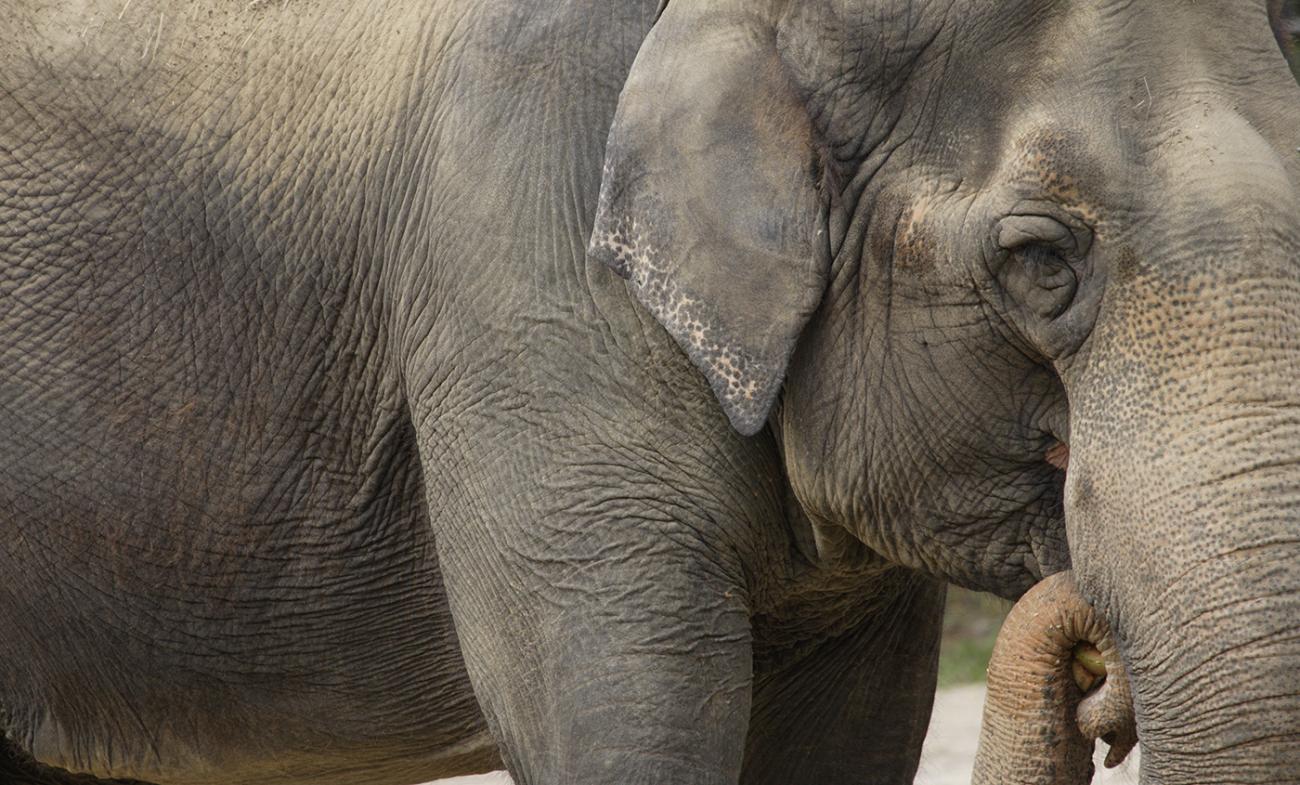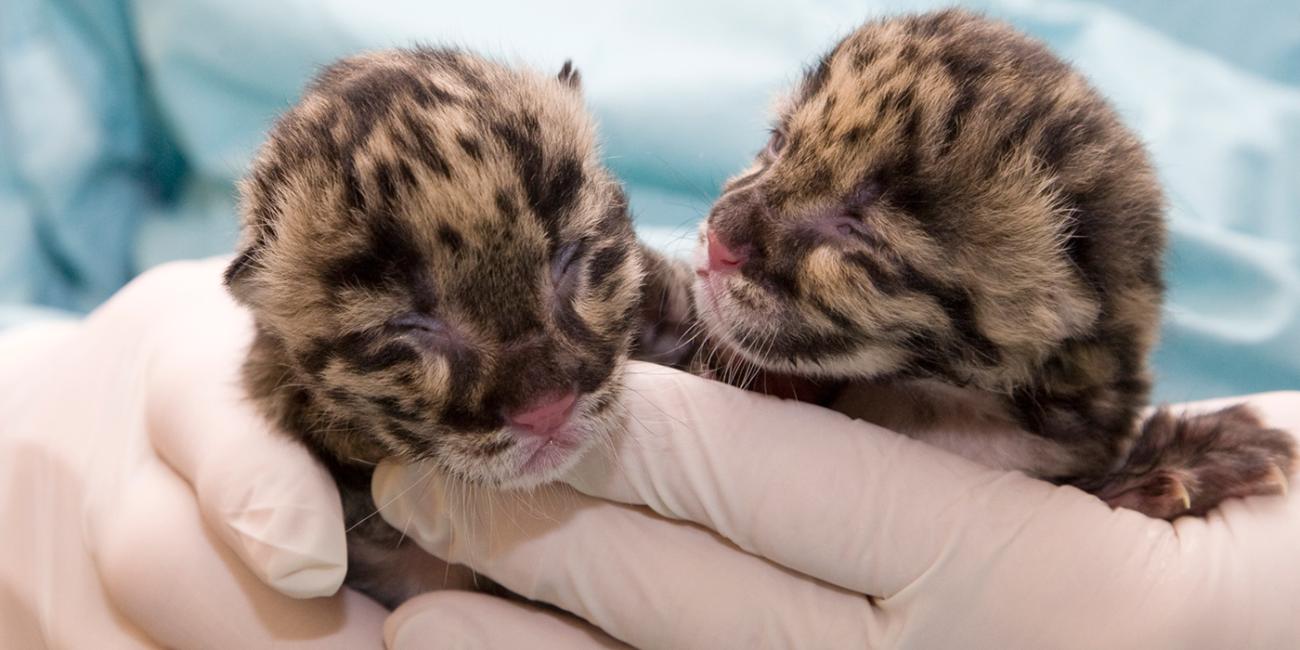Biography
Natalia Prado-Oviedo is a postdoctoral research fellow at the Smithsonian Conservation Biology Institute and is an affiliated faculty member in the biology department at George Mason University. Her current project is developing genomic tools for elephant health and conservation in collaboration with researchers from the Smithsonian’s Center for Conservation Genomics and the Center for Species Survival. Prado’s objectives are to facilitate research on their reproductive biology, morphological adaptations and disease susceptibility from a genetic perspective. Her areas of expertise are endocrinology and reproductive physiology of African and Asian elephants.
Through her dissertation research, Prado found that prolactin regulation may be altered in female African elephants with chronically elevated prolactin concentrations (i.e., hyperprolactinemia). Compared to normal controls, elephants with this pituitary disorder had elevated dopamine, serotonin and oxytocin concentrations, indicating that the observed hyperprolactinemia may be the result of excess production of stimulatory factors (serotonin and oxytocin) and not suppression of inhibitory dopamine. Prado also found that hyperprolactinemic elephants were often the caregivers of their herd, indicating this condition could have a social component.
Prado completed her master's degree at American University in 2010 where she was awarded the Ella F. Helmlinge Biology Fellowship. Prado worked with research physiologist Dr. Janine Brown of SCBI for her master's thesis on a project investigating reproductive disorders in African elephants. For her doctoral research at George Mason University, Prado again worked with Brown investigating mechanisms underlying reproductive disorders in African elephants. She was awarded a Challinor Fellowship in 2012 and in 2014 was awarded a Took Crowell Research Fellowship.
Prado was born in Medellin, Colombia, and came to the U.S. when she was 3 years old. She grew up going to the Bronx Zoo and aspiring to work with animals. After graduating from New York University with a bachelor’s degree in biology, she worked as a veterinary technician in an animal research hospital in New York. Her time there helped her recognize that she wanted to pursue a graduate degree in conservation biology.

